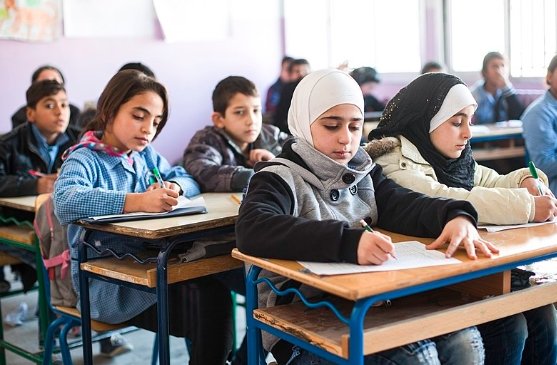In an era where education is the cornerstone of progress, the importance of upholding human rights within the realm of special education cannot be overstated. The journey of young individuals with special educational needs or disabilities (SEND) is not just about academic achievements; it’s a broader quest for dignity, equality, and the fulfillment of their potential.
The Legal Landscape
The legislative framework surrounding SEND is robust, anchored by the Children and Families Act 2014, the Equality Act 2010, and the Children Act 1989. These laws collectively ensure that children with SEND are entitled to an education that caters to their unique needs. However, the gap between principle and practice often looms large, with families frequently engaging in arduous battles to secure the provisions their children are legally owed.
The Human Rights Act serves as a beacon of hope, underpinning the relentless efforts of families to navigate the system. It empowers them to challenge public authorities when the rights of their children are not being respected, ensuring that every child’s education is not just a statutory right but a lived reality.
The Struggle for Services
For many families, the local authority is more than just a civic institution; it’s a gatekeeper to their children’s future. The decisions made by these bodies can dictate the trajectory of a child’s education and, by extension, their life. The process of securing the necessary support is often fraught with challenges, from bureaucratic hurdles to resource shortages.

Organizations like the Independent Provider of Special Education Advice (IPSEA) play a crucial role in guiding families through these complex waters. By offering advice and support to thousands of parents and carers, IPSEA helps ensure that the legal rights of children with SEND translate into tangible educational experiences.
A Call to Action
The narrative of SEND is not solely about the struggles; it’s also a story of resilience and the power of advocacy. The Human Rights Act not only provides a legal avenue for redress but also drives systemic change, influencing policy improvements that benefit a wider cohort.
This call to action is not just for those directly affected by SEND. It’s a societal imperative, urging every citizen to recognize the significance of human rights in education. As we look towards a future where every child can thrive, the lessons learned from the SEND journey will undoubtedly shape the contours of an inclusive, equitable educational landscape.


















